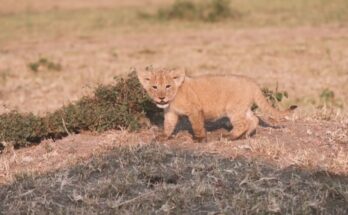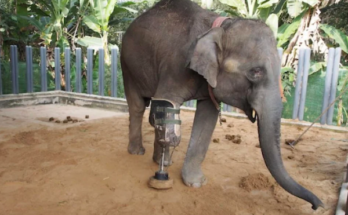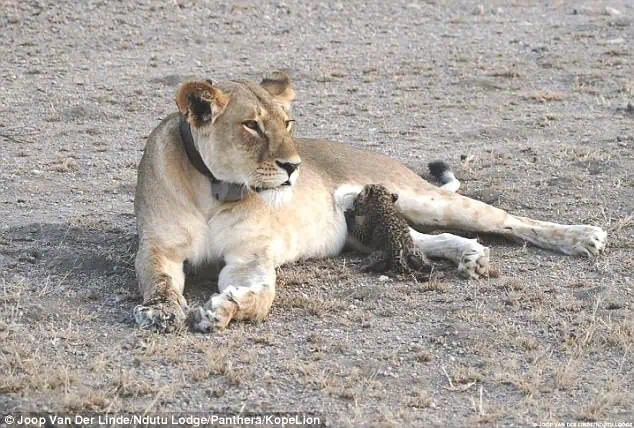
This rare event recalls a similar incident from Gir National Park, India, in December 2018, when a lioness was documented nursing a male leopard cub alongside her own young. That case was described as “bizarre” in the journal Ecosphere, highlighting how such behavior challenges established ideas about animal parenting.
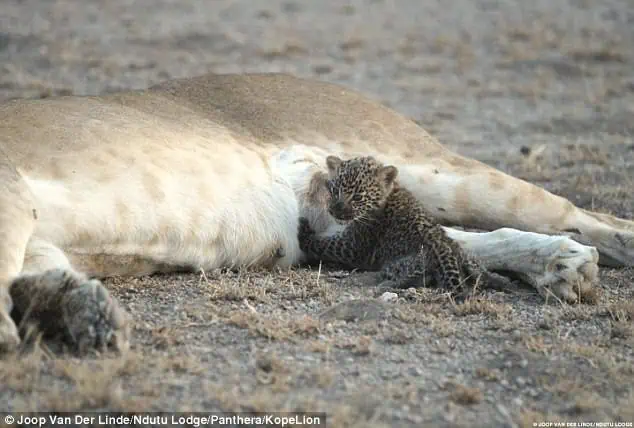
Raising offspring—whether gathering food, ensuring safety, or providing constant care—requires significant energy, typically directed toward promoting an animal’s own genetic lineage. While it’s not unusual for animals to care for young that aren’t their own, such acts usually offer some evolutionary advantage.
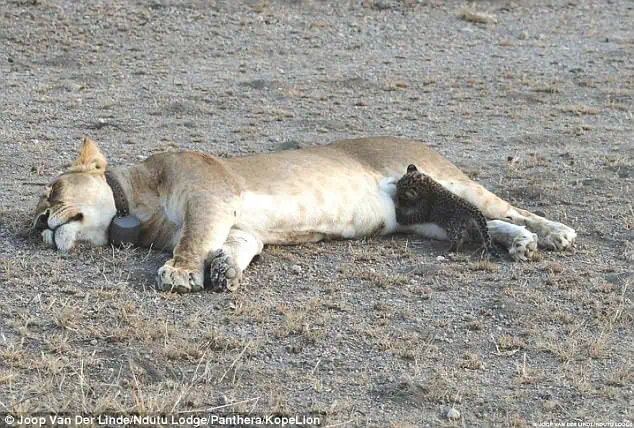
For example, female cheetahs have been known to adopt orphaned male cubs who later form coalitions with the adopter’s biological offspring, indirectly aiding her genetic success. However, adoption across species—especially among natural rivals—is exceedingly rare.
The lioness, named Nosikitok, encountered the leopard cub near her den. Researchers believe the two are of similar age. Despite her own cubs being absent, Nosikitok has shown unwavering protection toward the leopard—a level of care rarely seen in large predators for a different species’ young.
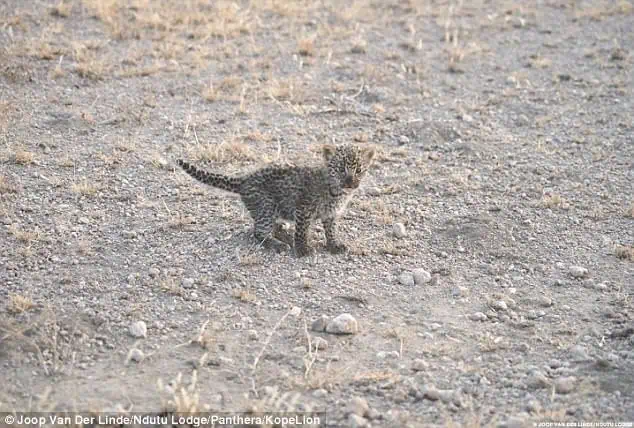
Experts believe the ideal outcome would be for the cub to reunite with its biological mother. However, Nosikitok’s position within her pride adds uncertainty to the cub’s long-term safety and acceptance.
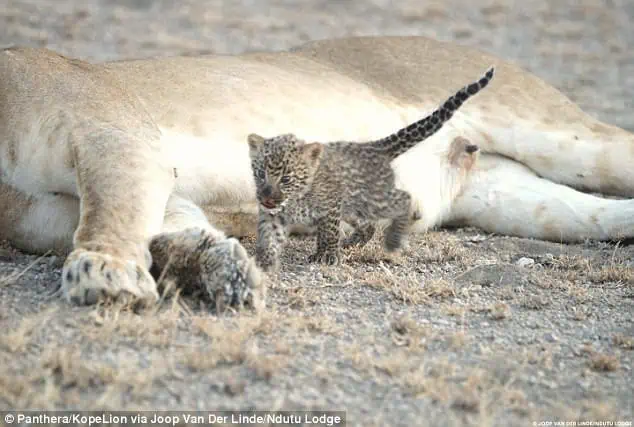
Sarah Durant of the Zoological Society of London suggests Nosikitok may have adopted the cub during a window when her maternal instincts were still active, driven by lingering parental hormones. Whether the adoption will last remains unknown, but there is cautious optimism for the cub’s survival.
Dr. Luke Hunter, president and chief conservation officer, underscored the uniqueness of the situation, expressing keen interest in how this unlikely bond will unfold.
